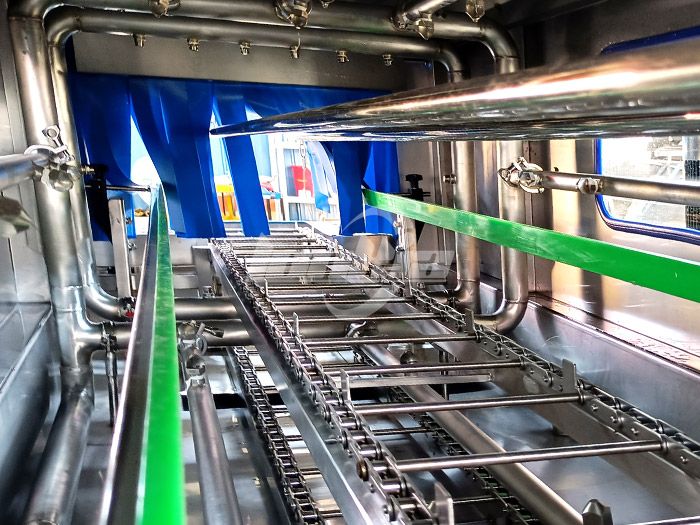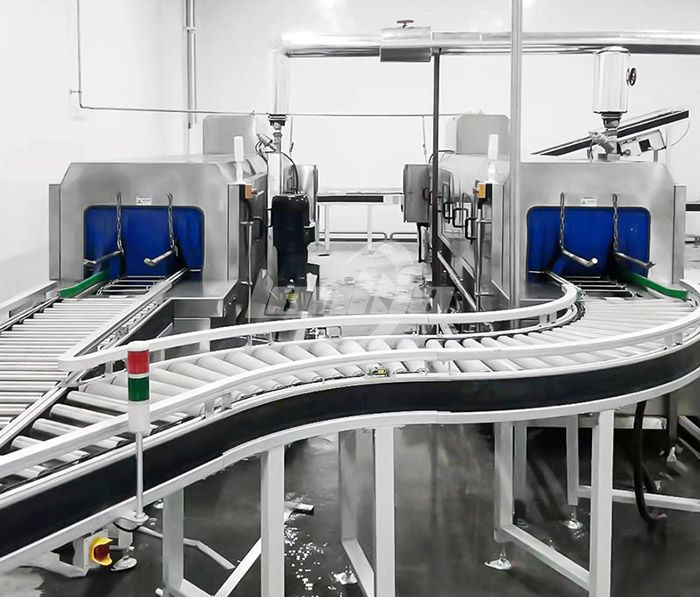Choosing the right industrial basket washer is not just about capacity or price—it’s about compatibility with the plastic baskets you use every day. Different basket sizes, shapes, contamination levels, and materials require different cleaning solutions. Making the right match ensures optimal performance, hygiene, and longevity of both the washer and the baskets themselves.
1. Basket Size and Shape: Matching Washer Dimensions
The first consideration is physical compatibility. Plastic baskets vary in size—some are shallow and wide, others tall and narrow. Be sure to:
Choose a washer with adjustable or modular conveyors to accommodate various dimensions.
Check loading and unloading options: some machines are better suited for stackable vs. non-stackable crates.
Ensure that the washer’s internal basket holders or guides prevent tipping during high-pressure washing.
Tip:
For operations using multiple basket types, opt for a washer with interchangeable guides or a universal loading rack.
2. Material Type: HDPE, PP, or Other Plastics
Different plastics react differently to temperature and cleaning chemicals. High-density polyethylene (HDPE) and polypropylene (PP) are most common in food-grade containers.
HDPE baskets can generally withstand hot water and detergents.
PP baskets may be more sensitive to high temperatures.
Choose a washer with adjustable temperature and detergent concentration to avoid warping or surface damage.

3. Soil Level and Cleaning Intensity Required
If your plastic baskets are used in meat, fish, or dairy processing, they likely require heavy-duty cleaning. Consider washers with:
Multi-stage wash cycles (pre-wash, main wash, rinse, sanitization)
High-pressure nozzles and rotating arms
Optional detergent injection systems or steam rinsing
For lighter soiling—such as fruit crates or dry goods containers—a single-stage or medium-pressure model may suffice.
4. Batch vs. Continuous Operation
Your production flow also determines the right washer type:
Batch washers are better for operations that clean a limited number of baskets in cycles.
Continuous tunnel washers are ideal for high-volume operations with a constant flow of plastic containers.
Make sure your washer integrates seamlessly with conveyor belts or automated crate handling systems if needed.

5. Future-Proofing and Customization
As production needs evolve, it’s wise to choose an industrial basket washer that can scale or be customized:
Optional ozone, UV, or drying modules
Adjustable nozzle configurations for different crate designs
Compatibility with robotic loading arms
Final Thoughts
The best industrial basket washer isn’t necessarily the most expensive—it’s the one that’s designed around your plastic basket types. By carefully evaluating size, material, cleaning needs, and workflow, you’ll find a solution that maximizes hygiene and operational efficiency.
